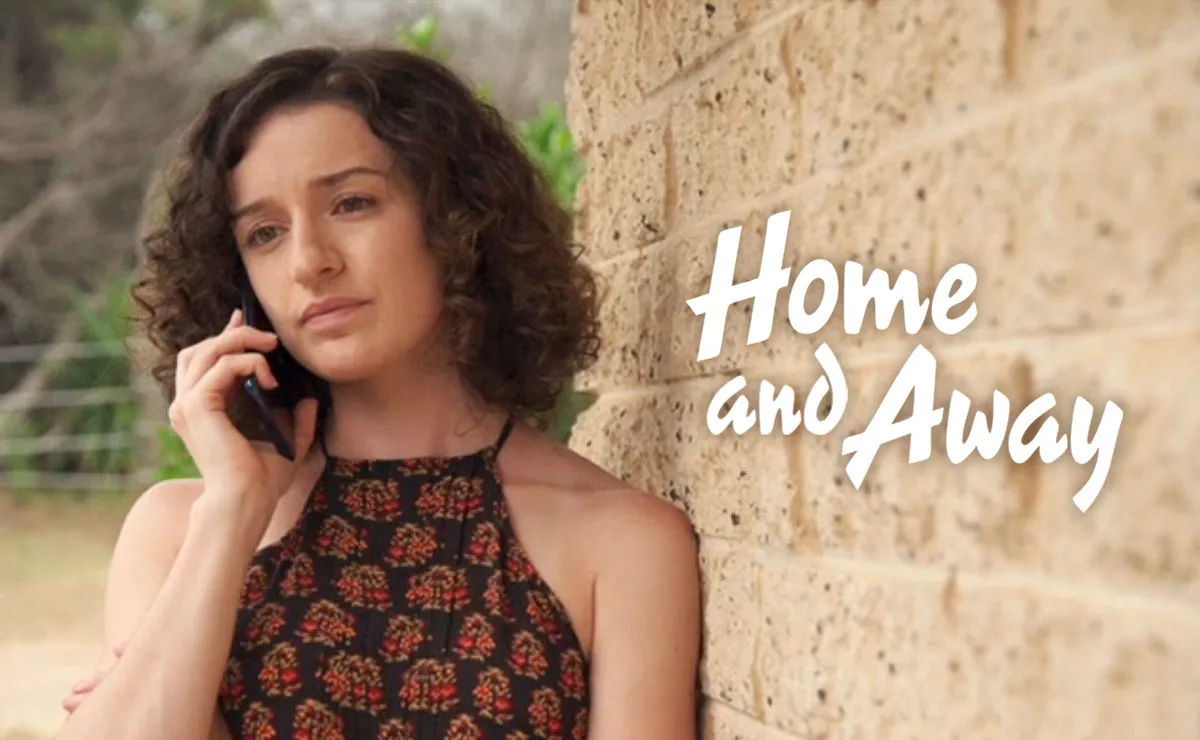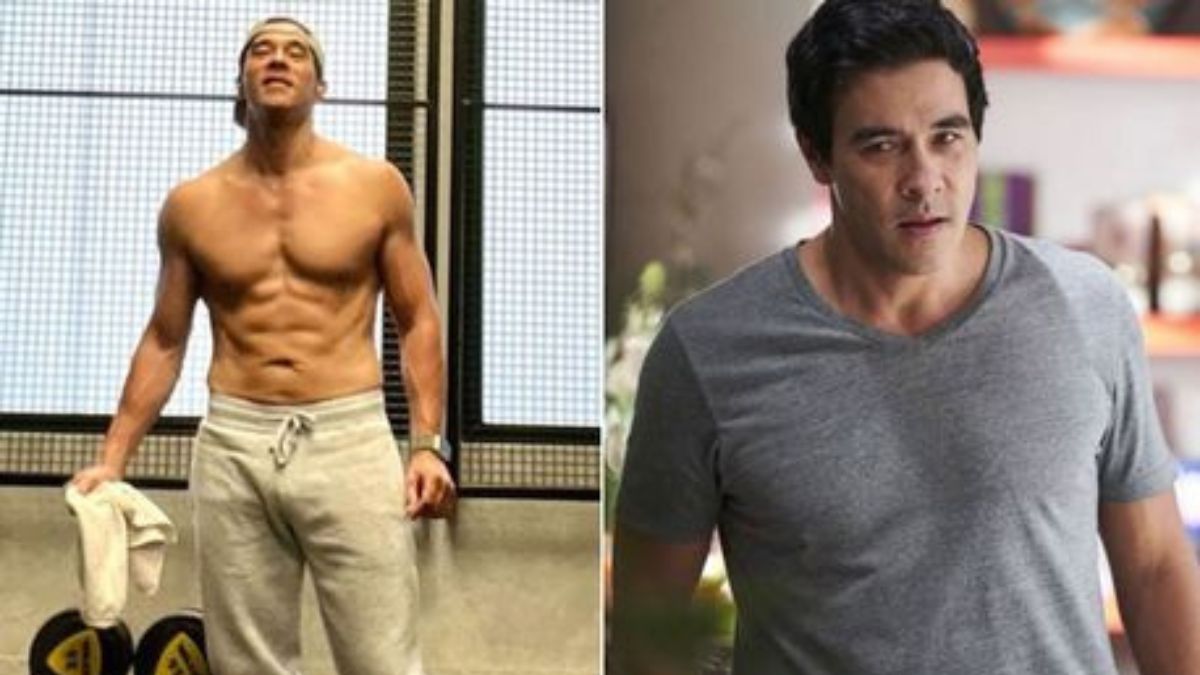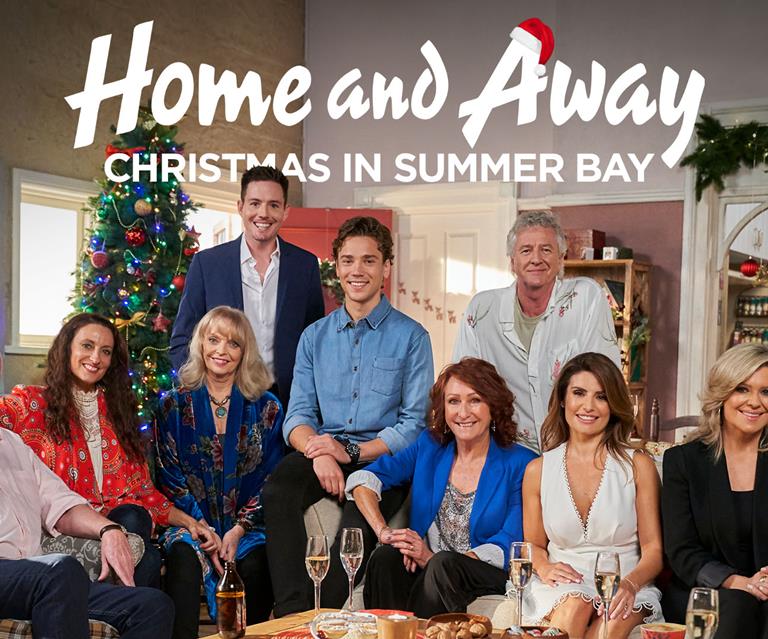
Jon Dew, who had the chicken pox as a youngster, just so happened to turn on the first episode of “Neighbours,” an Australian soap opera about a group of families who reside in a fictitious Melbourne cul-de-sac.
The sun shone brightly. The riveting drama was served with a splash of joy. Dew, a lonely young boy from Wales, fell in love right away and hasn’t let go for 37 years.
Dew, now 42, said of the show, “It taught me about understanding, relationships, and identity. It also gave me insight into myself and the world.”
Dew is currently preparing for the show’s finale, which will air on Thursday in Australia and Friday in the UK. It will be the final episode of a programme that aired for approximately 9,000 episodes over 38 seasons and became mandatory watching for many Australians and Britons every daily.

This year, “Neighbours”‘ British broadcaster, Channel 5, announced that it was cancelling the programme. The soap opera was unable to secure funding from a new broadcaster. Despite requests from fans to keep the show alive, including a petition, it resulted in its discontinuation.
While “Neighbours” has drawn more viewers from Australia in recent weeks, the majority of the show’s viewers have come from Britain, where an average of 1.25 million people watch it every day these days. Even though it frequently trailed British competitors like “EastEnders” and “Coronation Street,” this made “Neighbours” one of the nation’s most popular programmes.
Richard Carr, a senior lecturer in history and politics at Anglia Ruskin University, credited “Neighbours'” longevity in part to its constancy. He continued that the show had profited from portraying a pleasant, morally upright view of Australian life that avoided stirring up controversy. As “truly the most vanilla and safe programme for a lot of people,” he said, “you can be comfortable placing your child in front of ‘Neighbours’.”
When Lesley Renshaw was a student in northern Wales, she started watching “Neighbours,” and she currently does so with her daughter, who is 13 years old. Renshaw claimed that her daughter “can grasp a little bit more about human behaviour – what’s right and what’s wrong” as a result of the soap opera. It changes as you do.
A heartthrob ensemble, featuring Kylie Minogue, who’s turbulent on-screen romance with Jason Donovan — and relationship off-screen — enthralled audiences, contributed to the show’s early buzz. Around 20 million people watched the programme daily in 1990, including, according on Carr’s research, about 80% of British 12- to 15-year-olds.
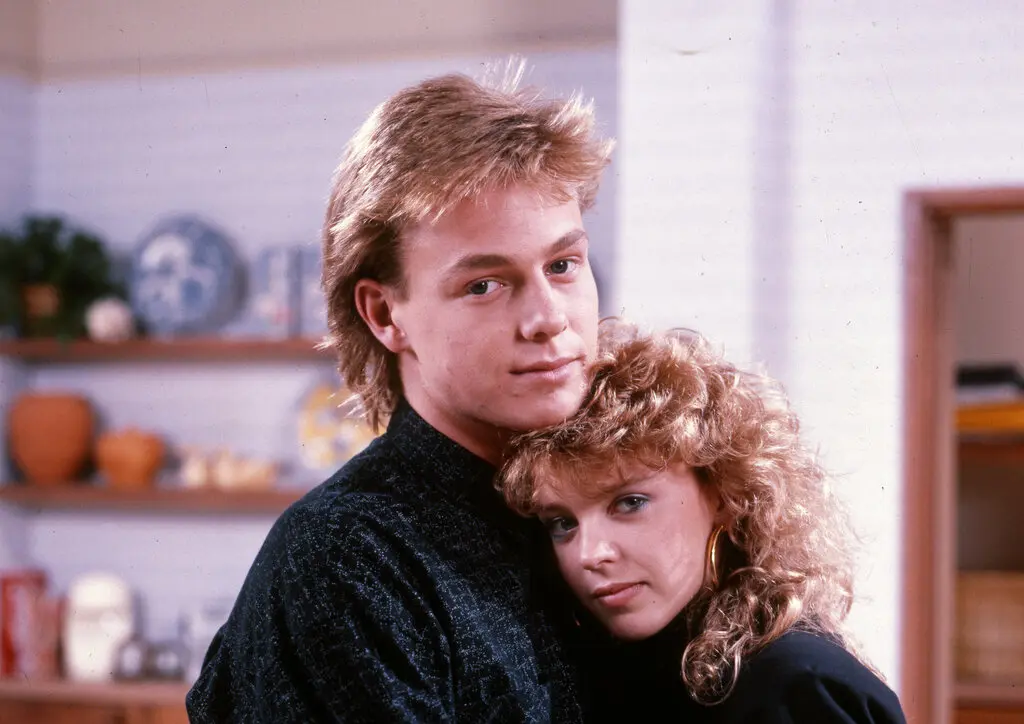
Carr argued that at the time, the world of “Neighbours” provided a counterbalance to the divisive effects of British conservative, Thatcherite laws that favoured “do it yourself” economic policies that its detractors claimed increased inequality. According to Carr, “Neighbours” presented “a distinct, crazily optimistic image of what a community may be.” Everyone prefers to cooperate rather engage in conflict.
Kindness was rewarded on Ramsay Street, the fictional cul-de-sac where the show is based, but people who put themselves first, like the evil Paul Robinson, played by Stefan Dennis, were punished. Additionally, the characters’ issues, such as familial conflicts and love issues, were understandable. Additionally, there was sufficient absurdity and humour to keep it jovial.
In addition, according to Geoff Paine, who portrayed Dr. Clive Gibbons on the soap opera for many years, it presented a utopian vision of what a world without classes might be. There would be a location where you could have a plumber and a doctor and get along well, he said.
“Neighbours” was criticised for its mostly all-white cast, which failed to portray the country’s Indigenous people accurately and did not appear to reflect the diversity of a population where nearly half have parents who were born abroad, despite the fact that it generally communicated socially progressive attitudes.
In terms of storytelling, it didn’t exactly push the limits. Jason Herbison, who took over as the show’s lead producer in 2013, stated that the programme “wasn’t a diverse show.”
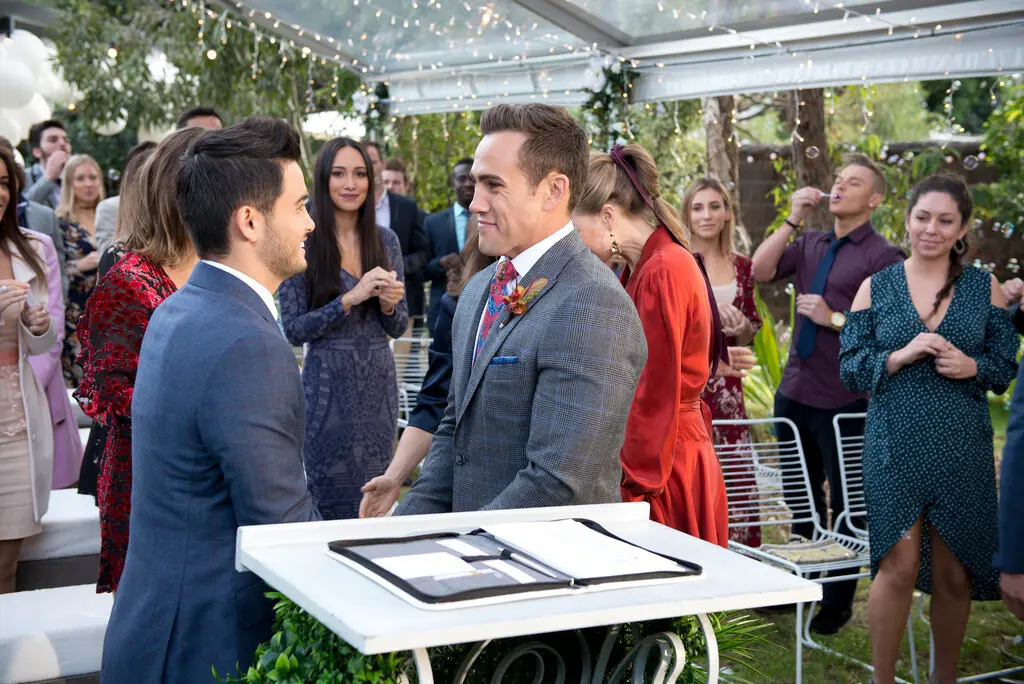
Herbison acknowledged the criticism and stated that he had made an effort to create a more modern “Neighbours” that was more representative of Australian life. He explained, “I wanted to take it back to a neighbourhood with families—families of all various shapes and sizes.
More L.G.B.T.Q. and racially diverse characters have shifted to Ramsay Street in recent years. While Australia was considering same-sex marriage legislation in 2017, soap opera producers started preparing the first marriage between gay characters. The fake nuptials were shown shortly after legalisation was announced off-screen. The fact that “Neighbours” was among the first English-language programmes to resume filming during the pandemic also garnered media attention.
However, the show came under fresh attention this year after Native American actors claimed to have encountered bigotry and discrimination on set and charged that management had failed to take sufficient measures to protect them. The show’s production firm, Fremantle Media, launched two external investigations into the complaints, which are now concluded, according to Herbison, who withheld further information but insisted that the claims were treated “extremely seriously.”
Because of how quickly so many hours of television are produced each week, “Neighbours” served as a valuable training ground for tens of thousands of actors, producers, and screenplay writers.
Paine described playing Dr. Gibbons, his first role after theatre school, as “a fantastic baptism by fire,” adding that the fast-paced nature of the performance frequently left little time for numerous retakes. Russell Crowe, Liam Hemsworth, Guy Pearce, and Margot Robbie are just a few of the notable Australians in Hollywood who have been on the show’s screen over the years.

Although “Neighbours” has used many tried-and-true soap opera story twists over the years (a return from the dead, affairs, more than one incident of amnesia), fans and cast members claim that the show’s true attraction was its talent for reflecting the highs and lows of life.
Philippa Burne, a lecturer in film and television at the University of Melbourne and a former “Neighbours” scriptwriter, said, “I have met a lot of people over the years that say, ‘I literally have grown up with these characters,'” adding that the impending end of the show was only just beginning to sink in. There will be a great deal of sorrow.
The anticipation for the show’s finale, in which Donovan, Minogue, and Robbie will make a comeback, has been growing. However, how can a 37-year-old conspiracy be resolved? Make the episodes longer to begin with: The typical 22-minute run duration of each episode has been increased to 90 minutes for the last week. According to Herbison, who contributed to writing the finale, once the authors realised the soap was coming to an end, they had four weeks to finish up the characters’ plots.
The influence of “Neighbours” cannot be overstated in Dew’s opinion, a lifetime fan who has only missed a small percentage of the show’s tens of thousands of episodes. I “grieved through the show” when his mother passed away from cancer the same week that Madge, a beloved character, also passed away from the same condition. “I wouldn’t have survived that time without ‘Neighbours,'” the speaker said.
The end of the soap opera will feel like a grief in and of itself. They claim that “Neighbours” was only a TV programme, Dew stated. But he continued, “it was so much more for fans like myself.”



